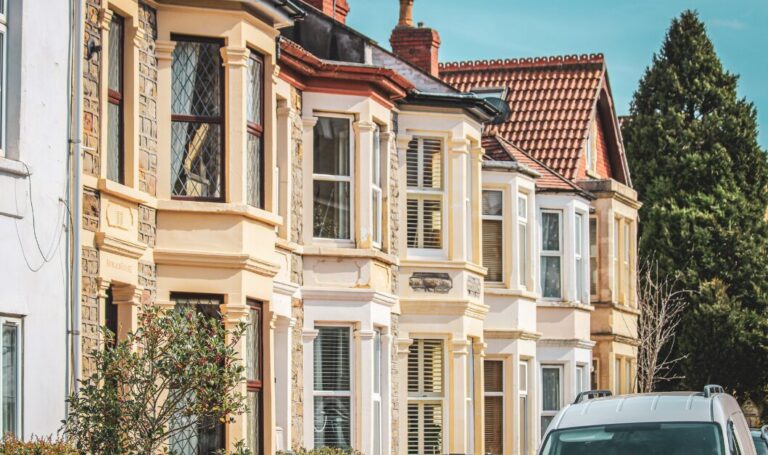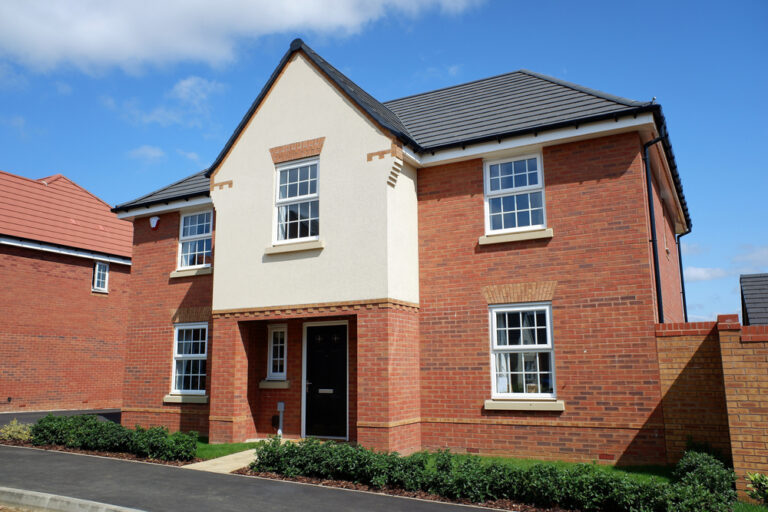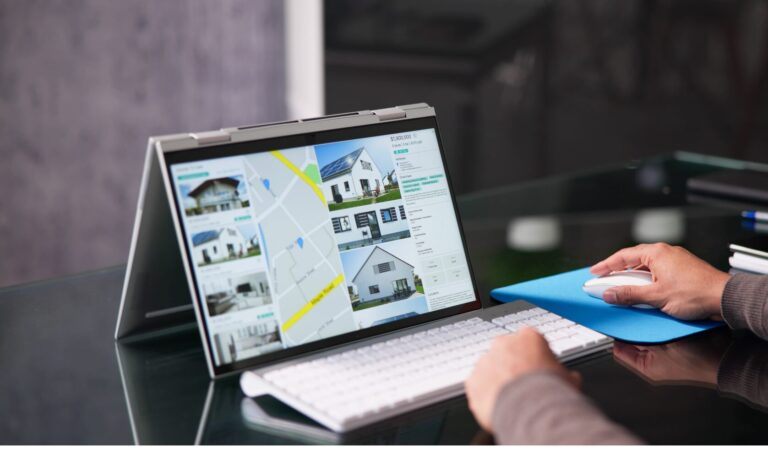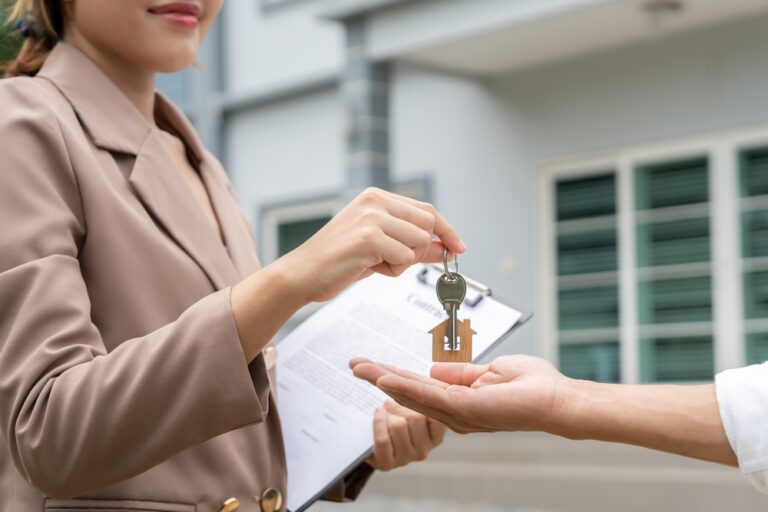Smart home technology lets you control things like heating, lighting and security from your phone or with your voice – and it’s becoming more popular with homeowners and buyers alike.
It’s not just about gadgets – it’s about making everyday life easier, safer and even saving a bit of money too.
What is smart home technology?
In simple terms, it’s the use of internet-connected devices in your home that you can control remotely. Think lights that turn off when you leave the room, heating that knows your routine, or cameras that show you who’s at the door – all at the touch of a button.
How does it work?
Most smart homes work through a central hub, like Amazon Alexa, Google Home, or Apple HomeKit. These systems connect different devices and allow you to:
- Control heating and lighting from anywhere – smart thermostats and bulbs learn your habits and adjust automatically
- Keep an eye on your home – smart cameras, video doorbells and motion sensors help you feel more secure
- Automate chores – smart plugs and appliances can turn on and off on a schedule
- Spot leaks early – water leak sensors send alerts if there’s a problem, helping you stop it before it gets worse
Why go smart?
There are some big perks to upgrading your home with smart tech – here are a few:
Lower energy bills
Smart thermostats and lighting can reduce your energy use by switching off when you don’t need them. Some systems even link up with solar panels for even more savings.
Some smart systems also offer detailed energy reports to help you understand your usage and make better choices about how you use energy at home.
Related: How to avoid energy theft
Better security
See who’s at the door, lock or unlock doors remotely, and get alerts if something’s not right – even when you’re not home.
Many systems also allow remote access, so you can let someone in when you’re not there or check your security cameras in real-time.
Related: How to improve your home security
Avoid water damage
Water leak detectors alert you to problems fast. Some can even shut off the water to stop serious damage. Insurance companies love them too – you might even get a better rate.
Everyday convenience
Imagine dimming the lights, adjusting the thermostat or locking the front door – all from your phone or by asking your smart assistant. It’s a simple way to make daily life more comfortable.
More homeowners are now using smart assistants like Amazon Echo or Google Nest Hub to manage everything in one place. You can even set up routines – like gradually warming the room and turning on the lights to help you wake up.
Handy devices to start with
New to the world of smart homes? These are great starting points:
- Smart thermostats – save energy by adjusting based on your schedule
- Smart security cameras – check in on your home from your phone
- Smart locks – lock or unlock your door from anywhere
- Leak detectors – spot water issues before they become expensive problems
- Smart lighting – set the mood or switch lights off automatically
- Smart appliances – from fridges that remind you to buy milk to robot vacuums that clean while you’re out
Buying a smart home? Here’s what to check
If you’re viewing a property with smart features, keep an eye out for:
- Compatibility – do the devices work with your phone or voice assistant?
- Security – make sure there’s good protection against hacking
- Energy-saving features – look for tech that helps reduce bills
- Water safety – leak sensors can be a big bonus
- Room to grow – can you easily add more devices later?
What’s next for smart homes?
Smart tech is only getting smarter. New AI-powered assistants are learning to predict your needs, and more homes are combining smart tech with solar power and battery storage for greener living.
As this tech becomes more common, homes with automation are becoming more desirable to buyers – they offer convenience, safety and futureproofing.
Ready to make your home smarter?
Whether you’re just getting started or planning a full upgrade, smart home tech is a great way to make your space more efficient, secure and comfortable.
Start small – maybe with a smart thermostat or video doorbell – and build from there. Over time, you’ll create a connected home that works around your lifestyle.
Need advice? The team at Ellis & Co is here to help.







